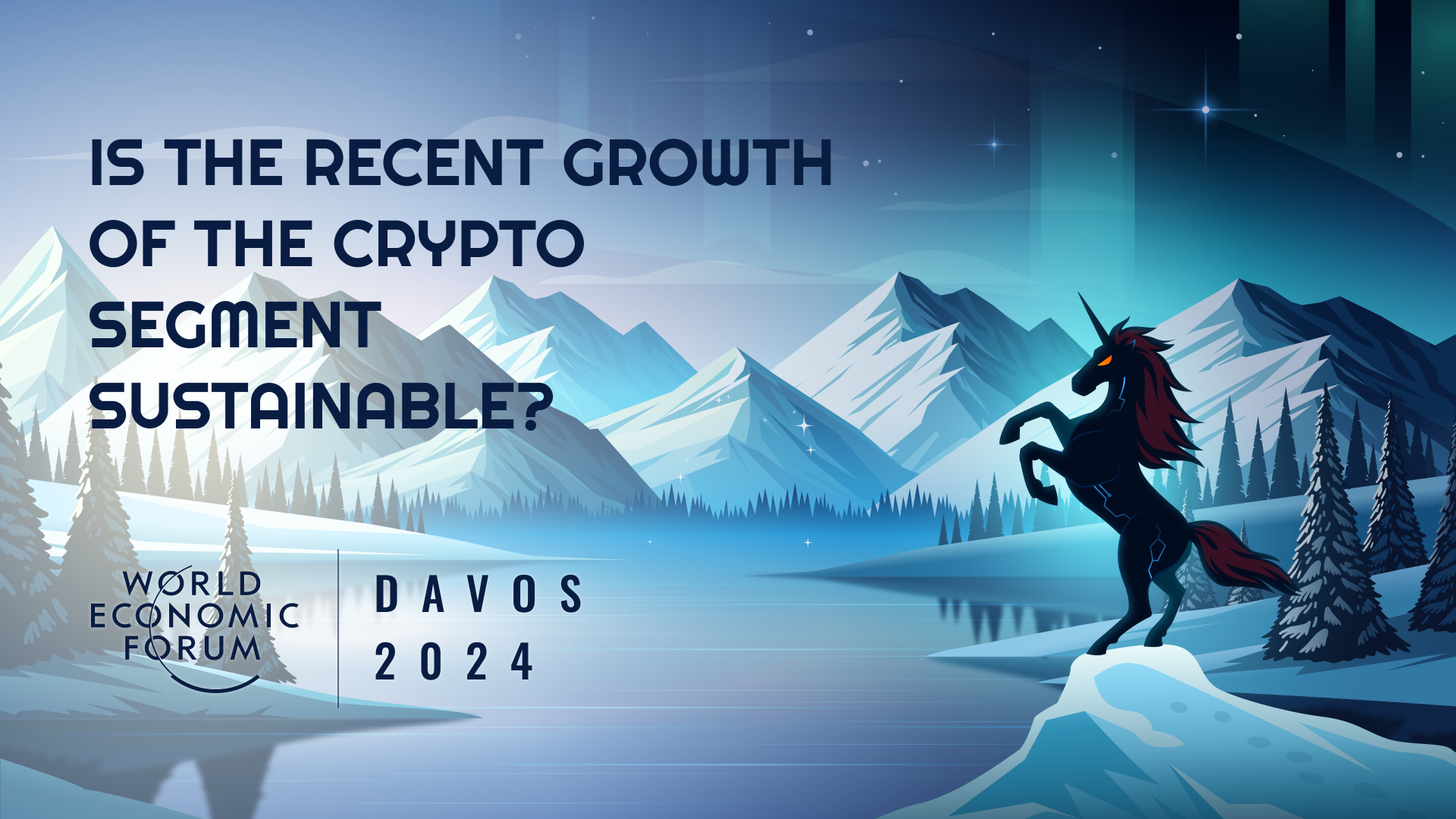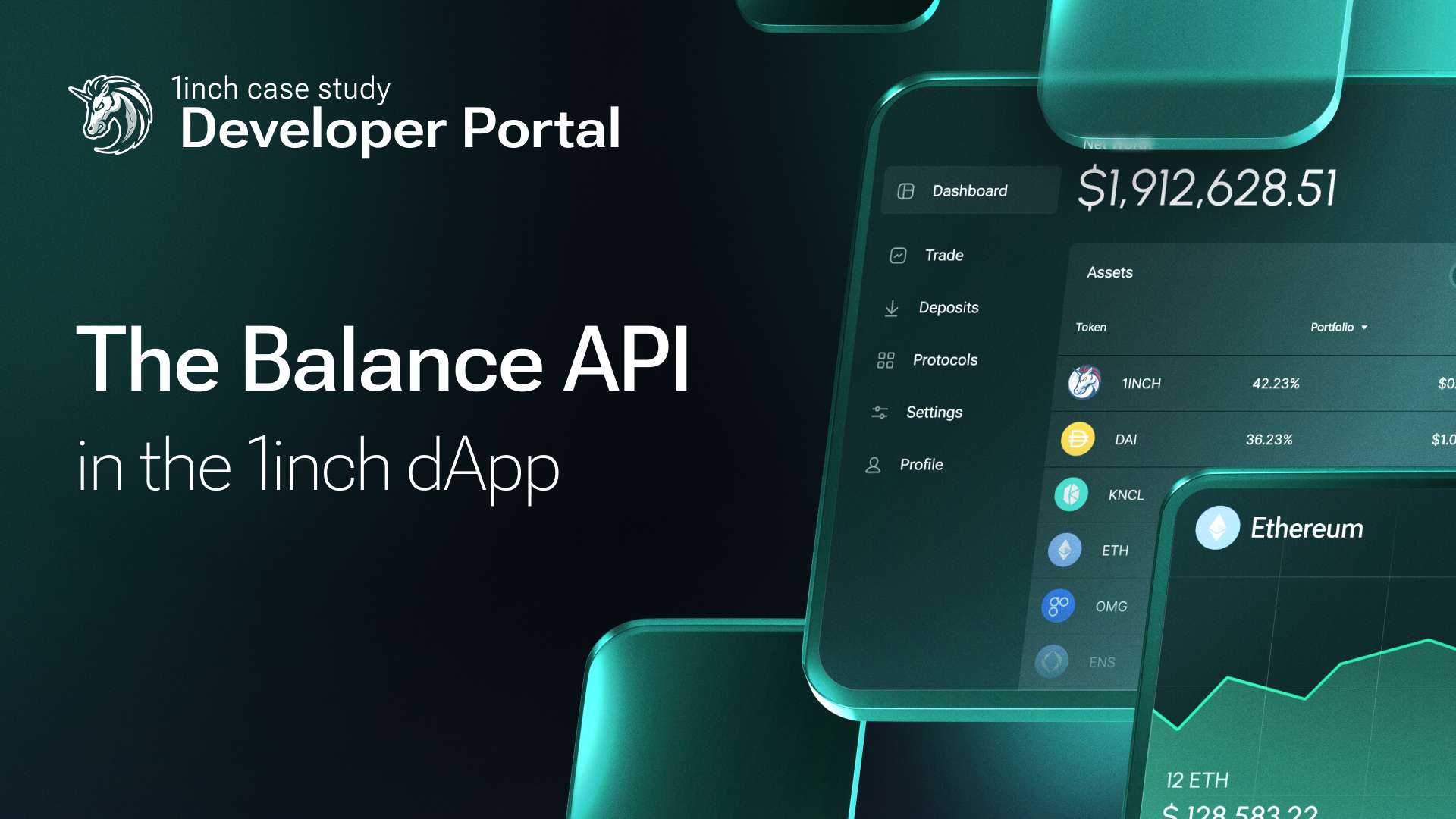The 1inch Davos meetup: Is the recent growth of the crypto segment sustainable?

This is the final post in a series focused on the highlights of panels held as part of 1inch’s meetup “Institutions and DeFi” at the World Economic Forum Annual Meeting in Davos on January 16.
The meetup’s final panel was named “Is the recent growth of the crypto segment sustainable? What to expect in 2024.” Moderated by Kristina Lucrezia Cornèr, editor in chief at Cointelegraph, the panel featured Fredrik Haga (Dune co-founder), Viktor Fischer (Managing Partner at RockawayX) and Brian Gallagher (co-founder and council member of Partisia Blockchain).
According to the panelists, the current crypto cycle differs from the previous ones in several aspects.
“What’s exciting is that L2 are actually playing out,” said Fredrik Haga. “The amount of gas spent on layer 1 to verify layer 2 transactions is growing. It was $30 mln in December and is growing.”
He added that another major thing for the crypto industry to get right is actual use cases.
“The last cycle was basically DEX trading and NFTs,” he explained. “DEXes are down two thirds, but it’s quite sticky, relative to NFTs, which are down 80%. These categories are emerging from the ashes, rather than driving [the industry] in a big way, as it was in 2021.”
Brian Gallagher agreed:
“The next phase is about what is the hero use case. People say it’s real-world assets coming to blockchain or ETFs and new inflows of institutions. Those are really good, but we have to adjust our expectations and mindsets because those are things that take time to mature.”
“We need something for the retail crowd, whether it’s gaming and ways to earn money from places like the Philippines or Brazil, microtransactions or municipalities adopting voting,” he went on. “That’s gonna take a long time.”
Meanwhile, the lack of a “hero app” may not be the only factor impacting the sustainability of the DeFi space.
“As an industry, we are really bad at educating [people],” observed Viktor Fischer. “We are technical. We love [to discuss] what the next storage proof or zero-knowledge proof protocol is or how we are going to accrue value to data availability layers. It’s bullshit. Nobody in the real world cares [about that].”
One thing that is important for the DeFi space, going forward, according to the panel’s experts, is building bridges with the traditional financial world.
“We will always be marginalized if we create a separate financial world,” Viktor Fischer charged. “We have to become the financial layer on top of the Internet. In the future, AI agents will be programs on the blockchain, generating yield or making revenue. No bank will open an account and give an IBAN to an autonomous agent, but blockchains will [do that].”
Still, onboarding institutional customers to DeFi takes time and effort.
“You can’t come to [the World Economic Forum Annual Meeting], meet someone in an NGO or a government and decide to do a project overnight,” Brian Gallagher concluded. “It takes many months just to get a plan agreed on, and then testing and trials. It’s a journey, and it takes a lot of time and dedication and follow-up.”
Explore the DeFi space with 1inch!



























